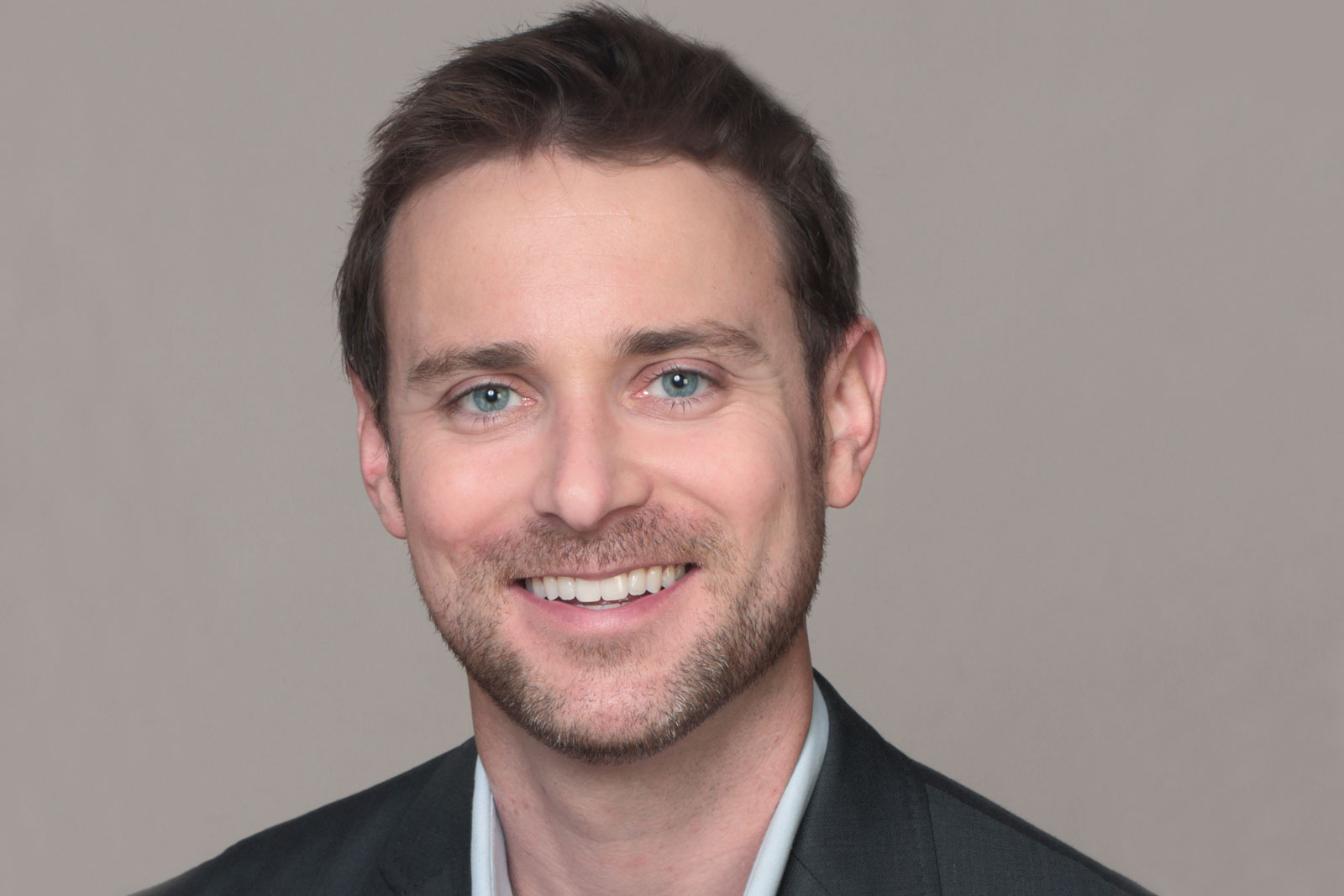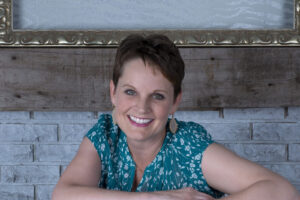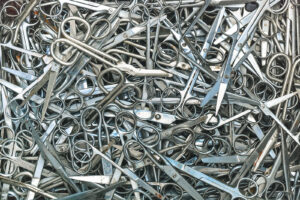At only 37 years old, Nick Aiello has an incredibly diverse set of work experiences. He’s a rare breed—someone who not only knows what he wants but goes out to get it. In the past 10 years, he’s transitioned from finance to filmmaking to real estate to entrepreneurship and more.
But Aiello hasn’t always been familiar with the freedom that comes with bypassing the fear of failure—the kind that lets you set out for uncharted territory, hoping for the best but recognizing things don’t always turn out as planned. Because Aiello knows that as all too true. Back in 2013, he was reasonably happy, working at a top finance firm. But then something happened that no one ever plans for.
When he was just 28, Aiello was diagnosed with testicular cancer. He was hosting friends for dinner one night when he started feeling pains he associated with appendicitis, so they headed to the emergency room together. After some tests, the doctor delivered the news of his diagnosis with Aiello’s friends and family surrounding him.
“In that early part of diagnosis, I felt really lucky to have so many people around,” he says.
Aiello had surgery less than a week later. He went out with friends and family to celebrate. Then, between the appetizers and the main course, he got a call. The cancer had spread and he would need to start chemotherapy right away.
“That kind of ruined everyone’s dinner,” Aiello says. “That was another time it was nice to have people around.”
He had ample support throughout nine weeks of chemo, which was particularly harsh due to his notoriously fast-growing cancer. But it was hard being so young. He lost all of his energy, then his hair. He developed many of the chemo faithfuls—neuropathy, ringing in the ears, a change in taste and smell.
Once Aiello became familiar with the rigors of chemotherapy, he tried to look on the bright side. “I didn’t think too much about what I was missing out on; it was winter in Chicago,” he says. “If you’re going to go through chemo, February to April is not a terrible time to do it.”
The nine weeks eventually passed. “I got through it, and a few things surprised me when I was done,” Aiello begins. “I thought once chemo ended, [my energy] would pick back up, but it really didn’t come back all that quickly, and that was pretty frustrating for me. In my mind, I had to get to this end goal, get through this last treatment and [then I’m] free to go back to normal life.”
Why did I go through all the effort to get through chemo to live a life I wasn’t really happy with?
But as many cancer warriors and thrivers know, cancer doesn’t work that way.
Aiello found out that chemotherapy wouldn’t be the worst of it. “It was harder once treatment was done—mentally—because I had so much support during it, and so many people around,” he says.
Then springtime hit Chicago, and his immune system wasn’t strong enough to go out with his friends or travel; his support system dwindled, and Aiello didn’t want to worry anyone with the truth about how bad he felt, both physically and mentally.
A few months later, he attempted to return to work. “I sat down and looked at my to-do list like it was any other day [and] was snapped right back to mundane work tasks,” Aiello explains. “I was like, ‘Oh wow, I just went through all of that [to] come in here eight hours a day to make calls about mutual funds? What did I just do all that for? Why did I go through all the effort to get through chemo to live a life I wasn’t really happy with?’”
Eventually, he joined a mindfulness study for young adult cancer patients, which focused on reducing stress and anxiety through yoga and meditation. He was able to emerge from his post-treatment depression. Later, he would channel his love of comedy and improv by becoming active with the Chicago chapter of Gilda’s Club.
But these changes took time. Before joining the study, Aiello felt disconnected from the cancer community. “I didn’t want cancer to define me. [I thought], ‘I’m going to get past this and I don’t have to think about it again.’ Finally meeting people my age who were going through something [similar], I just felt my shoulders relax; it was pretty special.”
With these new tools, Aiello felt ready to leave his finance job to pursue his passions. He started a real estate business with a friend, got involved with indie filmmaking and took singing and guitar lessons.
“I went from finance to real estate to film production to tech and business development, and now to writing,” Aiello says. When his business didn’t work out, he recognized another opportunity to chase his dreams, joining a film production. He started writing and, just recently, was accepted into the writing MFA program at the School of the Art Institute of Chicago. He starts this fall.
“It may differ among theologies and religions, but for the most part, you only know for sure that you get this one life,” says Aiello. “Now I want to go after things; I don’t want to have regrets.”







